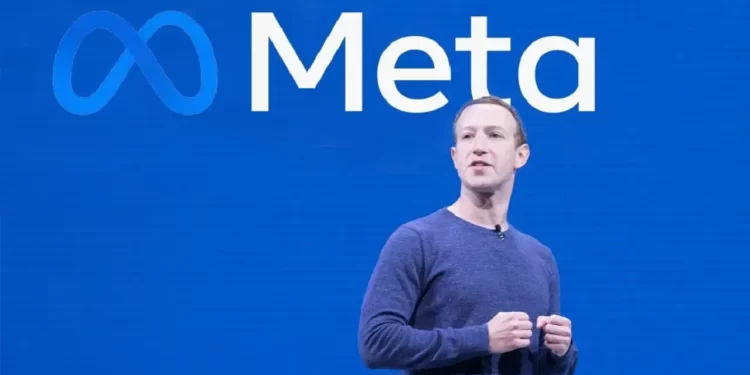July 20, 2022 – Meta CEO Mark Zuckerberg and Sheryl Sandberg, who is stepping down from the company as its chief operating officer after 14 years, will provide sworn depositions in federal court over Meta’s widely debated data-sharing practices that led to the explosive Cambridge Analytica privacy controversy in 2018, triggering an avalanche of investigative reports detailing how the massive data breaches had impacted millions of users and influenced major political events.
The class-action privacy lawsuit, filed in 2019 by eight current and former Facebook users, alleged that its parent company Meta flouted consumer privacy laws by sharing data of millions of users with Cambridge Analytica – a British political consultancy firm. According to earlier reports, the firm had deployed the improperly obtained data from Meta to build voter profiles ahead of the 2016 US presidential elections.
In February 2022, the complainants’ lawyers (associated with firms Keller Rohrback and Bleichmar Fonti) were subsequently invited by the court to file a motion for sanctions against Meta and Gibson Dunn, the legal firm representing social media corporation, for “stonewalling” during discovery in the four-year-old case. The judge (Vince Chhabria) also allowed the plaintiffs’ lawyers to “take whatever space they needed to articulate the misconduct and to identify the appropriate standard for imposing sanctions”, waiving his usual 15-page limit.
The plaintiffs in the class-action lawsuit have accused Meta of harvesting and sharing, without consent or knowledge, their “highly personal and revealing” data (photos, videos posted or viewed, religious and political views, information regarding relationships, and even the exact words used by them in their messages). Meta, in response to the allegations, remarked that users cannot claim privacy violations when they are the ones posting information about themselves on social media or websites that are publicly accessible. Meta’s claims were later rejected by the court.
The plaintiffs wanted Meta to produce all of the information the company had scraped off their profiles as well as data gathered from other sources. Meta stated that it had already shared the information the company might have shared with third parties and argued that plaintiffs’ lawyers kept coming up with increasing demands for discovery on Meta’s data collection.
The sanctions motion was filed on March 12, seeking about $845,000 from Meta and Gibson Dunn. The motion accused Meta of obfuscation and delay as part of the company’s deliberate litigation strategy. It read that “delayed discovery by slow-walking discovery disputes, obstructing plaintiffs’ requests for relevant evidence, disobeying or distorting court orders and making insubstantial and sometimes frivolous legal arguments.” On April 13, Meta said it had done nothing to warrant sanctions.
“The record shows that Facebook has complied with all orders and participated in good faith in dispute-resolution processes that were agreed upon by the parties and ordered by this court,” said the company in its brief. “Plaintiffs’ narrative is incomplete and untrue. [Their] request for sanctions on this record is an invitation to error, and this court should reject it in its entirety.”
Meta’s biggest and most profound privacy controversy to date, the Cambridge Analytica fiasco, took the world by storm in 2018. Investigations unearthed that Meta, previously known as Facebook Inc., let Cambridge Analytica in on the personal data of nearly 87 million (initially reported to be 50 million) of its users. The data was allegedly harvested to build voter profiles for former US president Donald Trump, whose aide Stephen K Bannon was a board member at Cambridge Analytica at the time the breaches were taking place. This data was believed to have been misused to influence the outcome of 2016 presidential elections and the Brexit vote.
Five days after the explosive leaks shrouded his corporation, Zuckerberg broke his silence in a Facebook post:.
“We have a responsibility to protect your data, and if we can’t then we don’t deserve to serve you. I’ve been working to understand exactly what happened and how to make sure this doesn’t happen again.”
Meta was slapped with a record-breaking $5 billion fine by the Federal Trade Commission (FTC) following the massive data breaches.





